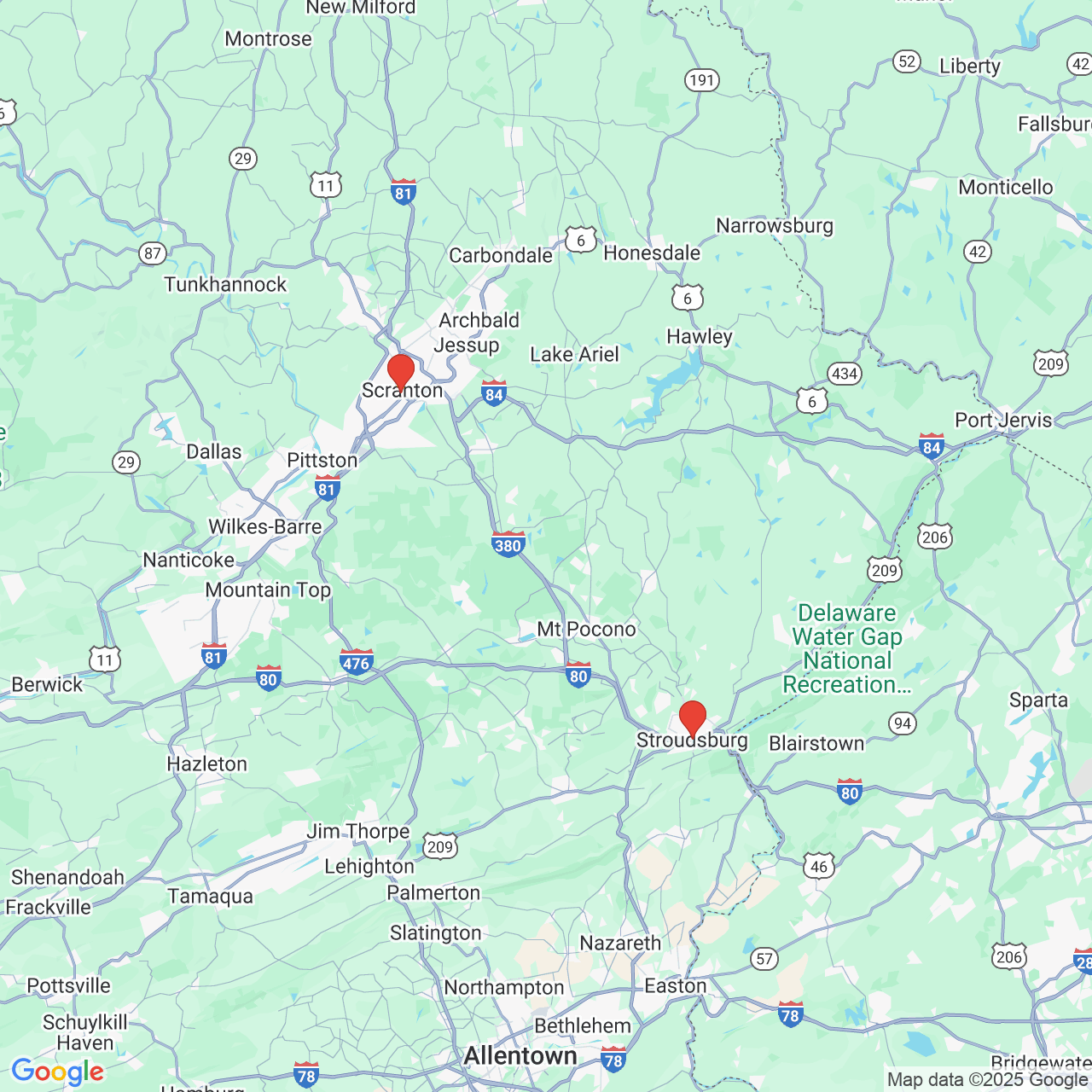Nursing Home Abuse Lawyer Scranton
Protecting
Our Elders
- Recognized as “Best Lawyers in America”
- Free consultations and contingency work
- 24/7 service
- Hablamos español
Guiding Northeast PA Through Trying Times
Industry Recognition
All four of our lawyers at Foley Law Firm have been designated as “Pennsylvania Super Lawyers.” We are one of the few PA firms outside of Philadelphia to be awarded this distinction. Thomas J. Foley, Jr. is recognized for his medical malpractice expertise, and Tom Foley and Michael Foley are recognized for their personal injury expertise in “Best Lawyers in America.”
Broad Expertise
Our team of attorneys works alongside trusted professionals in the fields of medicine, psychology, finance, and more to build compelling cases that accurately demonstrate the extent of the damage to maximize your compensation.
Affordable Representation
Our nursing home abuse attorneys offer free consultations, so it costs you nothing to determine if you have a case. We also work on contingency, meaning we don’t get paid unless and until we win your case.

“I strongly recommend Foley Law."
“I strongly recommend The Foley law firm to anyone in need of legal assistance. Tom Jr and the Foley team, are exemplary in every aspect of law and client care. The Foley law firm is very transparent and will go above and beyond by any means necessary to ensure you are taken care of. They not only won my case, but they were able to get me over $1M!"
Margaret
Do You Suspect Abuse? Here's How You Can Help Your Loved One:
- Listen to your loved one’s complaints, fears, and expressions of sadness or anger.
- Take any reports of being hit, pushed, sexually harassed, or otherwise mistreated by the nursing home staff or other residents seriously.
- Document signs of abuse by taking photos of injuries, saving medical records, and keeping a journal.
- Talk to nursing home administrators and pay close attention to explanations—or lack thereof—provided by staff members regarding changes in your loved one’s health, behavior, medication, and physical appearance.
- Report abuse to the authorities if it’s obvious to you that it’s taking place.
- Contact our attorneys at Foley Law Firm serving Scranton, Stroudsburg, Wilkes-Barre, and all of Central and Northeastern Pennsylvania.
Filing a Wrongful Death Claim When the Worst Happens to Your Family
Tragically, many victims of nursing home abuse or negligence die as a result. In cases such as these, our personal injury attorneys can file a wrongful death claim on behalf of the victim’s family. For your wrongful death case to be successful, you must be able to prove that your loved one’s death was due to an act of negligence or abuse and could have been prevented. Common causes of wrongful death in nursing homes include:
- Drowning
- Injuries sustained while wandering
- Slip and fall injuries
- Medical negligence
Any compensation our attorneys win in your case can go toward medical bills, funeral expenses, pain and suffering, and loss of companionship.

“He fought for me.”
“My attorney is Michael Foley. He is the epitome of efficiency, effectiveness, and accuracy. He listened to my point of view and fought for me like a bulldog to get the best settlement possible.”
DJ







